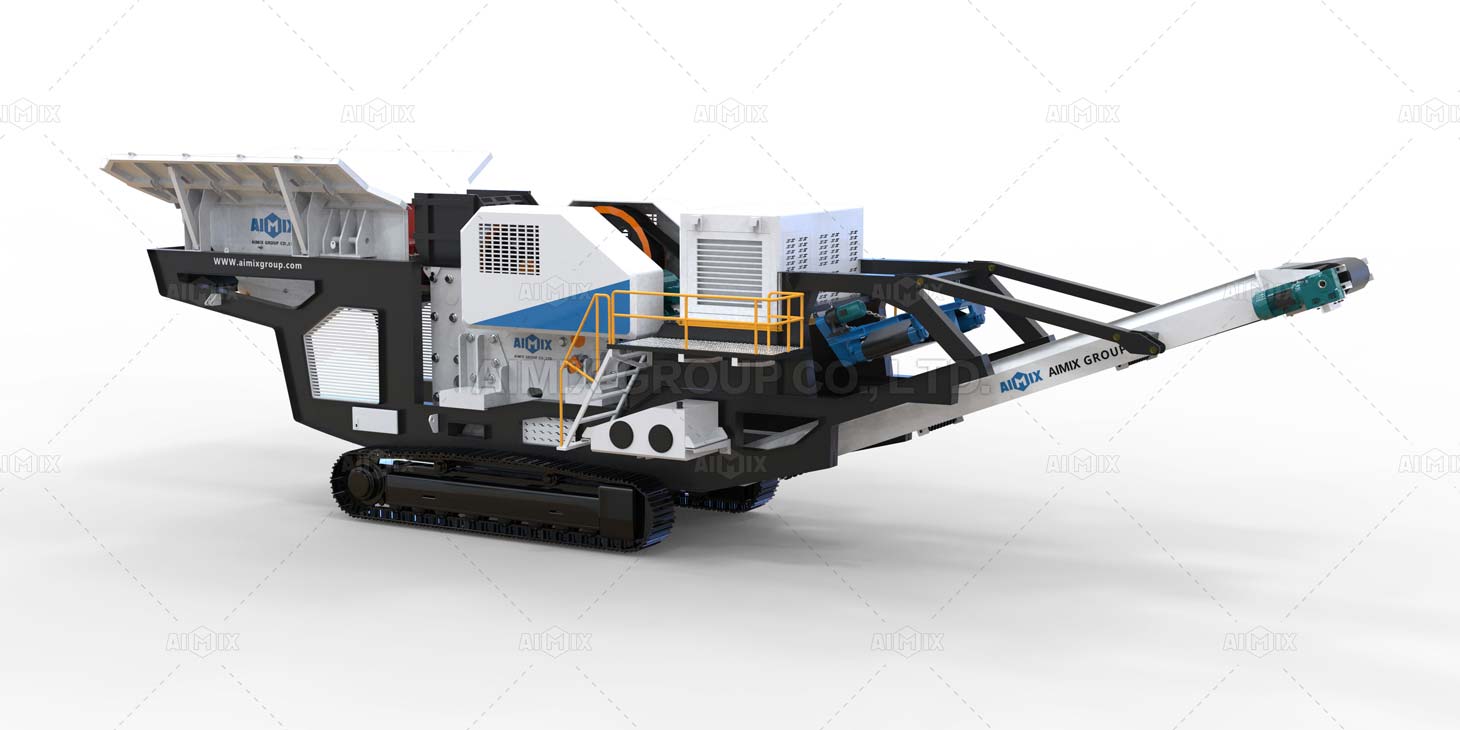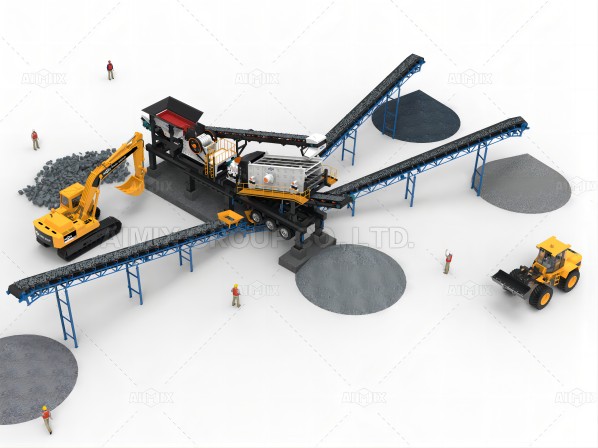Granite, with its enduring beauty and robust nature, has long been a preferred choice in various construction and architectural projects. However, the suitability of crushers for processing granite hinges upon several critical factors, notably abrasiveness and hardness variation. Understanding how these factors interplay is crucial for efficient and effective granite processing.
I. Introduction
In the realm of granite processing, the choice of crusher holds significant importance. Crushers serve as the cornerstone in the extraction and refinement of granite into usable materials for construction and industrial applications. Therefore, comprehending the impact of factors like abrasiveness and hardness variation on granite crusher machine suitability is paramount for optimizing operations.
II. Factors Affecting Crusher Suitability for Granite
A. Abrasiveness Variation
Granite’s abrasiveness, a measure of its resistance to wear and tear, varies widely across different deposits. This variation stems from disparities in mineral composition and geological formation. A granite’s abrasive nature poses challenges to crushers, as it can accelerate wear on components and diminish operational efficiency.

-
Definition of abrasiveness in granite
Abrasiveness refers to the tendency of granite to wear down surfaces upon contact. This property is influenced by factors such as the presence of abrasive minerals like quartz and feldspar within the granite matrix.
-
Impact of abrasiveness on crusher wear and tear
High abrasiveness in granite can lead to accelerated wear on crusher components, including liners, jaws, and hammers. This wear not only reduces equipment lifespan but also necessitates frequent maintenance and replacement, increasing operational costs.
-
Strategies for mitigating abrasiveness effects
To counteract the abrasive nature of granite, crushers can employ wear-resistant materials for components and implement regular maintenance schedules. Additionally, adjusting operational parameters such as feed rate and crushing chamber configuration can optimize performance while minimizing wear. View more details here: https://aimixglobal.com/crusher-plant-sale/.

B. Hardness Variation
The hardness of granite, determined by its mineral composition and geological formation, exhibits significant variation across different deposits. This hardness discrepancy poses distinct challenges for crushers, impacting their ability to efficiently process granite materials.
-
Explanation of hardness variation across granite deposits
Granite hardness varies due to differences in mineral composition, grain size, and geological processes. Some deposits may contain softer minerals, resulting in lower overall hardness, while others feature denser formations with higher hardness levels.
-
Influence of granite hardness on crusher selection
The hardness of granite directly affects the selection of crusher types and operational parameters. Crushers must be capable of exerting sufficient force to break through the hardest granite deposits without compromising efficiency or performance.
-
Techniques for addressing challenges posed by varying hardness levels
To address the challenges posed by hardness variation in granite, crushers can utilize adjustable settings and specialized crushing chambers to adapt to different material properties. Additionally, employing advanced technologies such as hydraulic adjustment systems enhances crusher mobile versatility and efficiency.
III. Considerations for Optimal Crusher Selection
Matching Crusher Type to Granite Properties
Achieving optimal crusher performance in granite processing requires aligning the chosen crusher type with the specific properties of the granite deposit being processed.
-
Importance of understanding granite characteristics
Comprehensive knowledge of granite characteristics, including abrasiveness and hardness variation, is essential for informed crusher selection. This understanding enables operators to identify the most suitable crusher type and configuration for efficient processing.
-
Selection criteria for crushers based on abrasiveness and hardness
When selecting crushers for granite processing, operators should consider factors such as crushing capacity, power requirements, and maintenance considerations. Crushers with robust construction and wear-resistant components are preferred for processing abrasive and hard granite deposits.
-
Examples of suitable crusher types for different granite variations
Depending on the specific properties of the granite deposit, various crusher types may prove suitable for processing. For instance, track impact crusher excel in handling abrasive materials, while cone crushers are adept at crushing hard, dense granite formations.
In conclusion, factors like abrasiveness and hardness variation significantly influence crusher suitability for processing granite. By understanding and addressing these factors, operators can optimize crusher performance, enhance operational efficiency, and achieve superior outcomes in granite processing endeavors.
